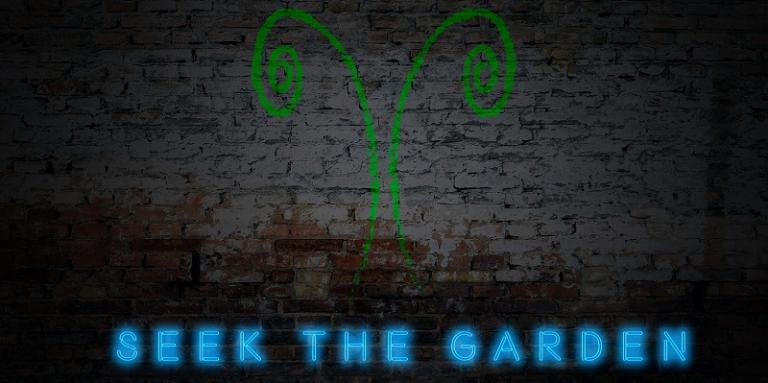
Commonwealth: A Novel of Utopia, part 1, chapter 10
Author’s Note: This is an excerpt from my novel Commonwealth. The rest of today’s installment is free, but only on my Patreon site. If you want to read the next part today, it’s already up on Patreon as well. You can sign up for as little as $1/month, or $2 for exclusive author’s notes and behind-the-scenes material. There’s also a table of contents for all published chapters.
I can’t believe I saved Asha Remington’s life, Rae thought as she headed home that night.
It already seemed like a dream. It wasn’t just the disaster, but what had happened next. While MTA rescue crews were circulating among the survivors, handing out blankets and cool drinks, tending to burns and other injuries, a second wave of reinforcements had arrived.
They were police, but not the black-and-whites of the Metropolitan Police Corporation. They were men in mirrored sunglasses and gray suits, who hadn’t shown badges or said what agency they worked for, but cordoned off the crash scene and assumed command with an air of absolute authority.
The agents had flocked to Secretary Remington and escorted her away. Then they’d told Rae, Vargas and the other survivors – in mild tones that made the implicit threat obvious – to say nothing about what had happened, not to the media, not to friends or family, not even to each other.
“There will be a formal investigation,” one of them had said. “Until then, we ask you not to prejudice popular perception by making any statement that may later prove to be false. The public is too willing to stretch a grain of truth into a twisted ribbon of rumor.”
But there was one survivor who had no intention of keeping silent. When Rae got out of the cab on her block, she was greeted by a dozen identical images displayed by billboards on both sides of the street: “GOVERNMENT TRAINS IN FIERY COLLISION.”
On each billboard, there was an image of midtown – but it looked like a vision of hell. In the middle of Park Avenue, the street had caved in, creating a sinkhole that opened into a hungry darkness lined with coals of fire. Traffic was backed up for blocks; red and blue lights flashed everywhere. Rae recognized it as the street directly above the tunnel where the explosion had happened.
On the other half of the split screen, Asha Remington was being interviewed. Her hair and makeup had been touched up. She was still wearing the long coat she had on when Rae had pried open the door of her private car.
“This was the inevitable result of government incompetence,” the Morale Secretary was saying, her arrogance intact. “Employment in the so-called public sector dulls a man’s wits and saps him of whatever talent he might have had. It turns him into a mental cripple only capable of mindlessly following instructions drummed into him in advance. A more efficient private-sector approach would have yielded employees intelligent enough to recognize the danger and confident that they wouldn’t be punished for relying on their own judgment. Rest assured, I and my fellow Cabinet members intend to make that a reality very soon – after we attend to a few pressing issues, particularly rounding up the terrorist agitators who showed their faces in Times Square.”